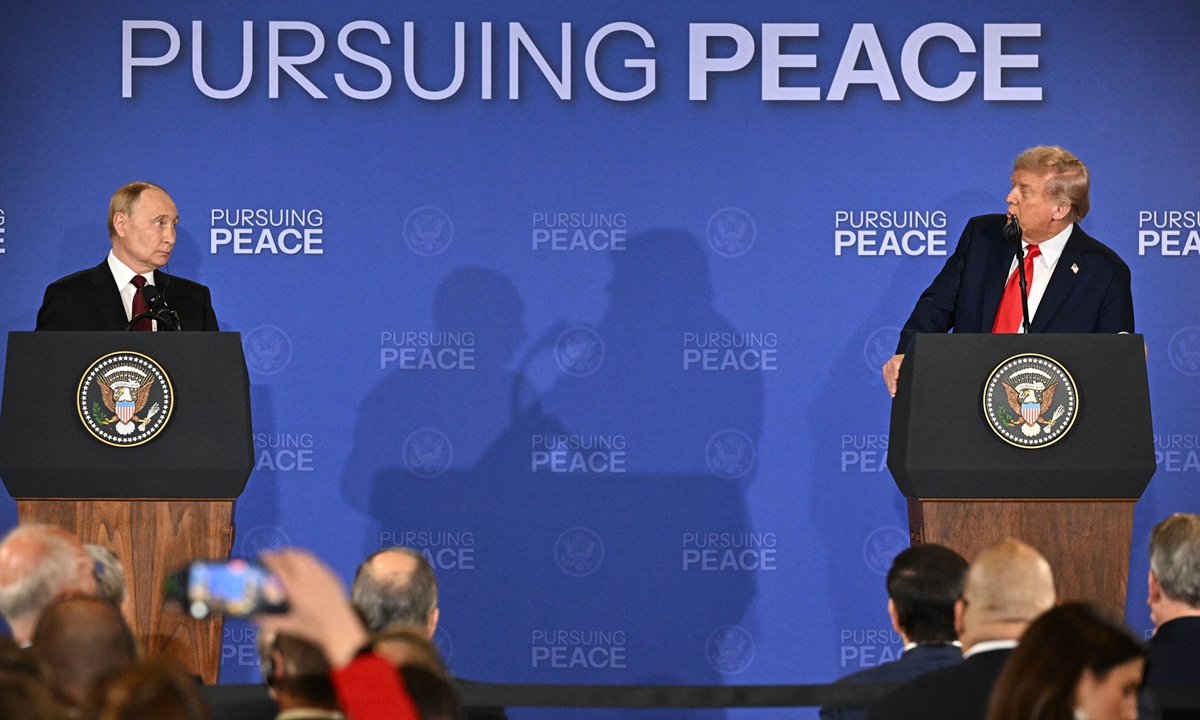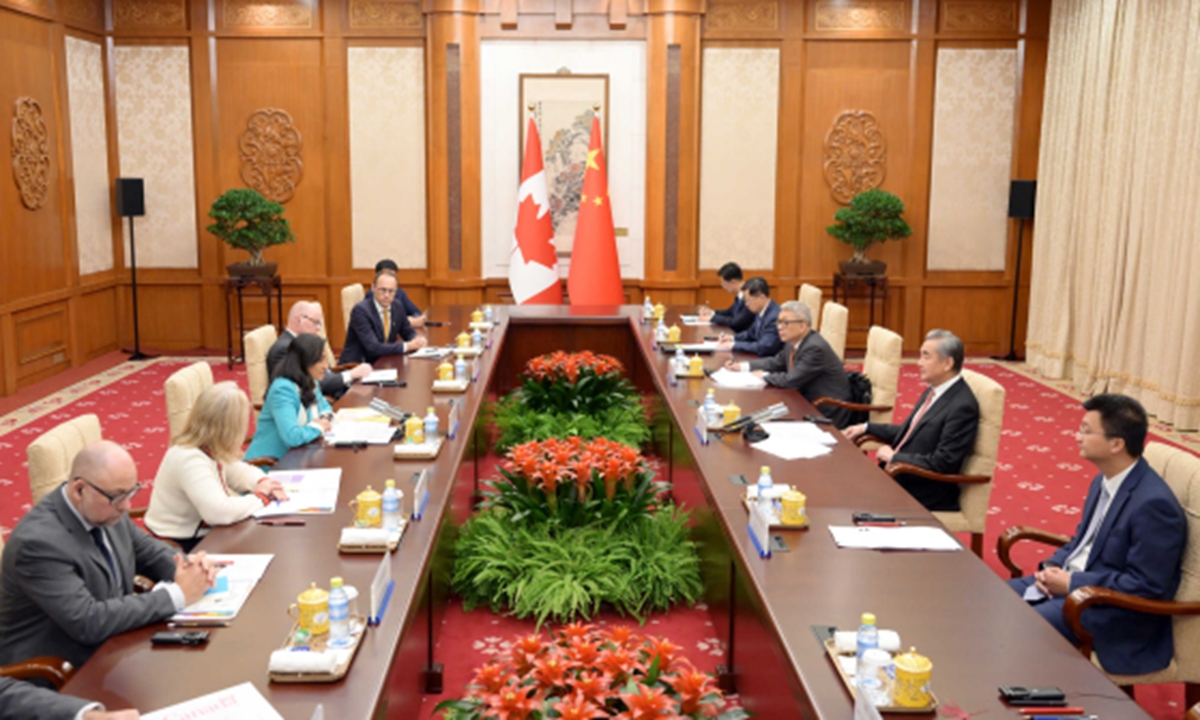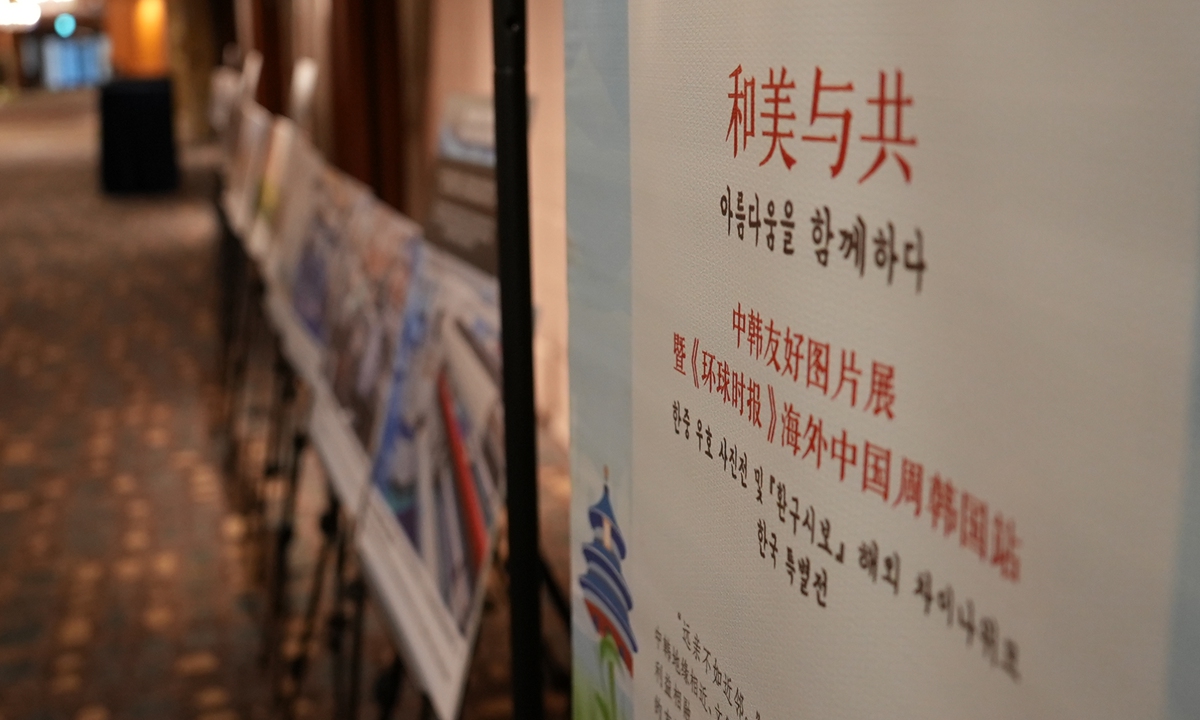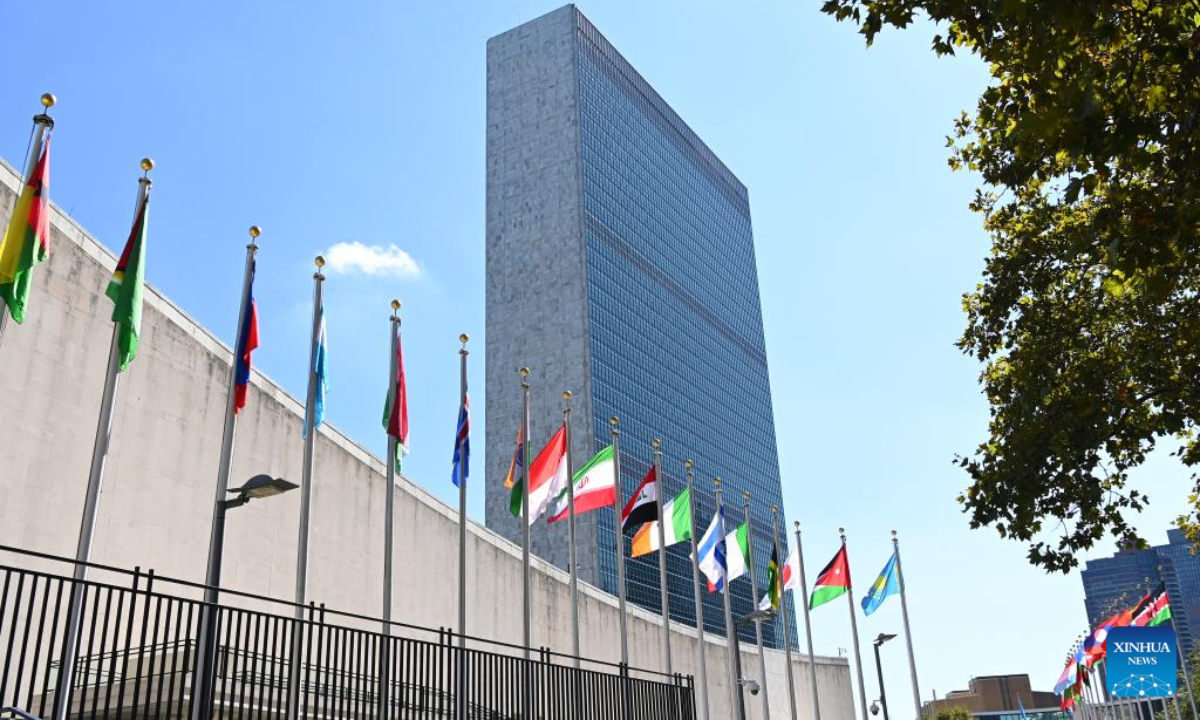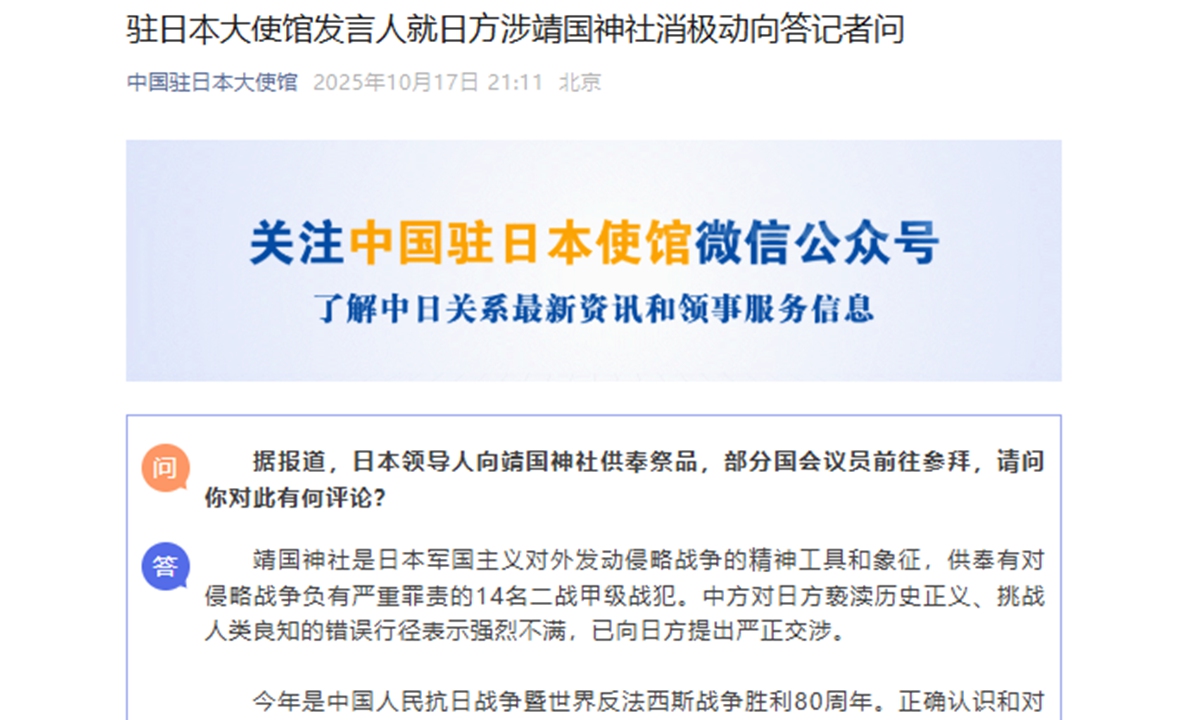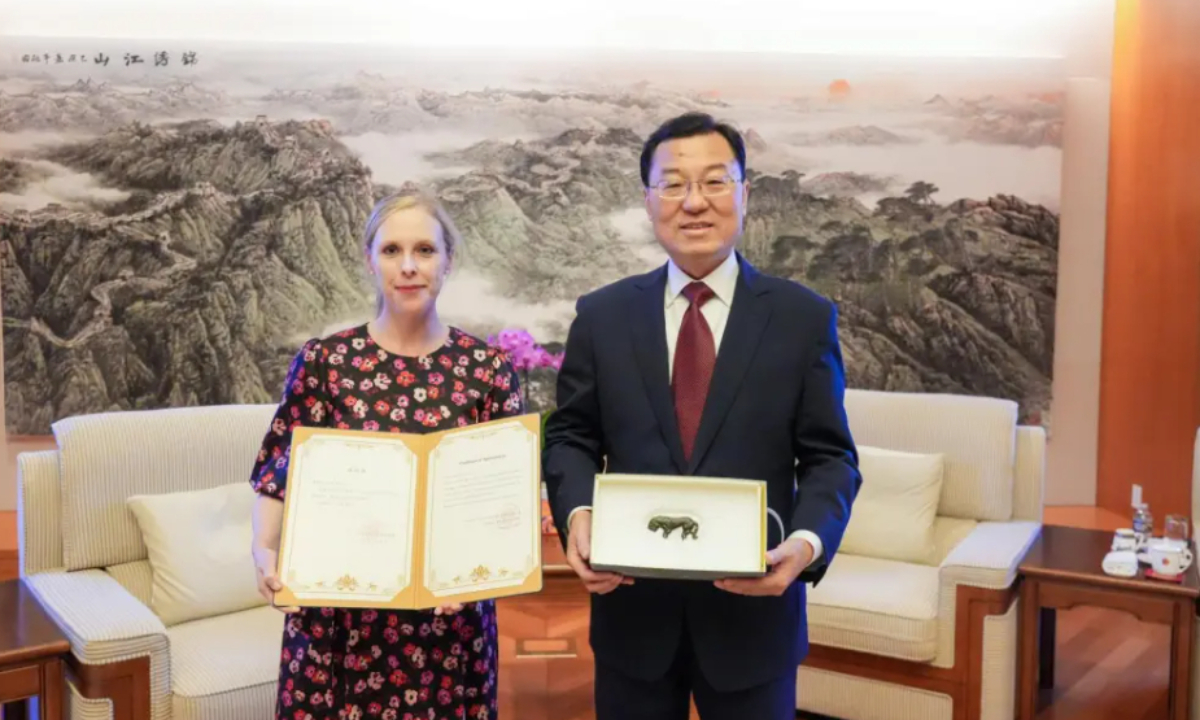China’s permanent representative to the United Nations (UN) on Wednesday offered several preliminary suggestions on UN structural reform at the UN80 Initiative Briefing, stressing that reform must be carefully planned before actions are taken, guided in the right direction, and deliver real results.
Amid the international landscape marked by intertwined turbulence and transformation, upholding multilateralism, strengthening the role of the UN, and improving and reforming global governance represent a shared aspiration for all nations. It also constitutes the ultimate objective of the UN80 Initiative. China attaches great importance to the Secretary-General’s report on structural reform, and is studying it carefully, Fu Cong, China’s permanent representative to the UN, said.
Regarding the preliminary suggestions, Fu said that the structural reform must be carefully planned before actions are taken. Structural adjustment represents the most challenging and far-reaching step in the UN80 reform process, requiring thorough consideration and discussion.
The Secretariat must draw upon past experience and focus on long-term development to propose a prudent reform plan. This process should involve thorough research, careful balancing of pros and cons, and comprehensive scientific assessment. It must also maintain openness and transparency, engage extensive consultations with Member States to build the broadest possible consensus, and ensure that reform decisions stand the test of history, Fu said.
Fu added that the structural reform must be guided in the right direction. In the development field, reform should strengthen the central role of Department of Economic and Social Affairs (DESA)as the development pillar. Centering on DESA, it is also important to enhance internal coordination within the Secretariat and strengthen guidance for regional and country-level work. Given the varying levels of development and specific circumstances across regions, reforms at the regional level should be pragmatic and tailored to the needs of countries in each area.
Resident coordinators within the development system should focus on their development mandate and avoid indiscriminate expansion into other areas such as peace and security. Mandates in the peace and security field derive from the Security Council. Structural adjustment in this area should take into account the Council’s views, Fu said.
Regarding the establishment of a human rights group, China wishes to know more about the considerations and the working plan involved, the representative added.
Third, structural reform must deliver real results, he said. All UN departments and entities should prioritize fulfilling their core mandates and leverage their respective strengths and expertise, while avoiding deviation from their primary mandates.
“Regarding the review of senior positions such as special envoys, representatives, coordinators, and advisors to the Secretary-General, we hope that the Secretariat will expedite the submission of review reports and reform proposals for Member States’ consideration,” Fu said.
He added the issue of under-representation of developing countries within the Secretariat must be given high priority. Reform must not exacerbate the geographic imbalance of the staff.
Fu said that guided by the Global Governance Initiative, China will work together with Member States and the Secretariat to advance the UN80 reform in a direction conducive to the long-term development of the United Nations and the common interests of Member States.
Global Times


